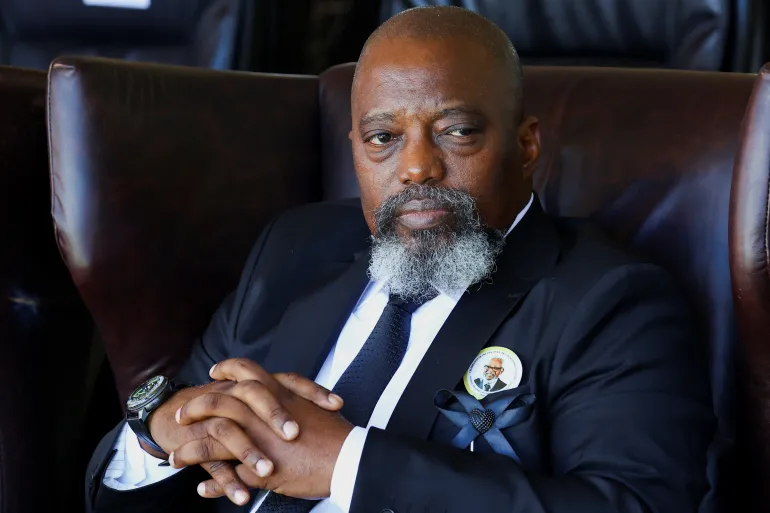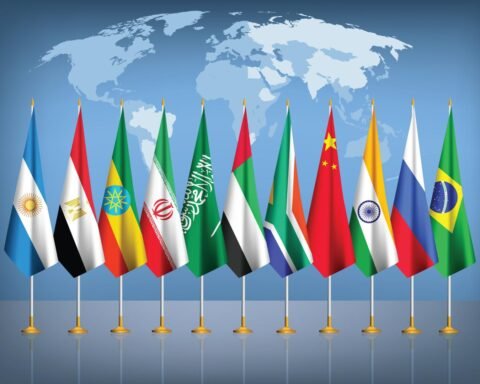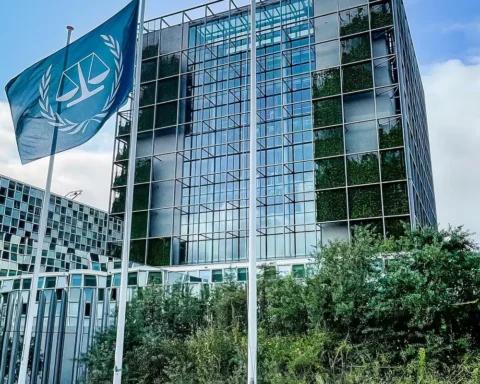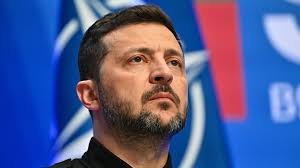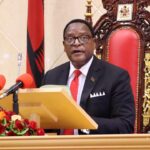The Democratic Republic of Congo’s Supreme Military Court has ordered the reopening of the treason case against former President Joseph Kabila, raising fresh questions about accountability, politics, and regional stability.
The move comes after the government requested that three new witnesses be allowed to testify regarding Kabila’s alleged involvement in financing and supporting rebel groups, including the M23 Movement and the Rwanda Defense Forces (RDF), during periods of armed conflict in eastern Congo. According to prosecutors, these rebel forces were responsible for serious human rights abuses, including killings, sexual violence, and forced displacement of civilians.
Kabila, who served as president from 2001 to 2019, has faced a range of charges related to war crimes and complicity with armed groups. He has been living abroad since 2023, but the reopening of the case signals a renewed push by the government to investigate alleged misconduct during his tenure. Legal experts note that the trial, which could potentially carry the death penalty, has far-reaching political and legal implications for both Kabila and the country.
Also Read; Gaza Families Face Agonizing Choice Amid Warnings
Supporters of Kabila’s party, the People’s Party for Reconstruction and Democracy, have condemned the trial as politically motivated, arguing that it is an attempt to weaken opposition voices ahead of upcoming elections. Meanwhile, human rights organizations and regional observers are closely monitoring the proceedings, emphasizing the importance of due process and impartiality in such a high-profile case.
The next court session is scheduled for September 19, 2025, in Kinshasa, and international attention is mounting. Analysts suggest that the trial could affect not only domestic politics but also Congo’s relations with neighboring countries, particularly Rwanda and Uganda, given the alleged cross-border support for rebel groups.
For ordinary Congolese citizens, the case represents a broader struggle over justice, accountability, and the legacy of leadership in a country long plagued by conflict. Many see it as an opportunity to confront past grievances, while others fear it could deepen political polarization.
Observers also note that this development highlights the complex intersection of military authority, civilian governance, and regional diplomacy in the Great Lakes region of Africa. Whether the case will lead to concrete accountability or become another chapter in a politically charged saga remains to be seen.

